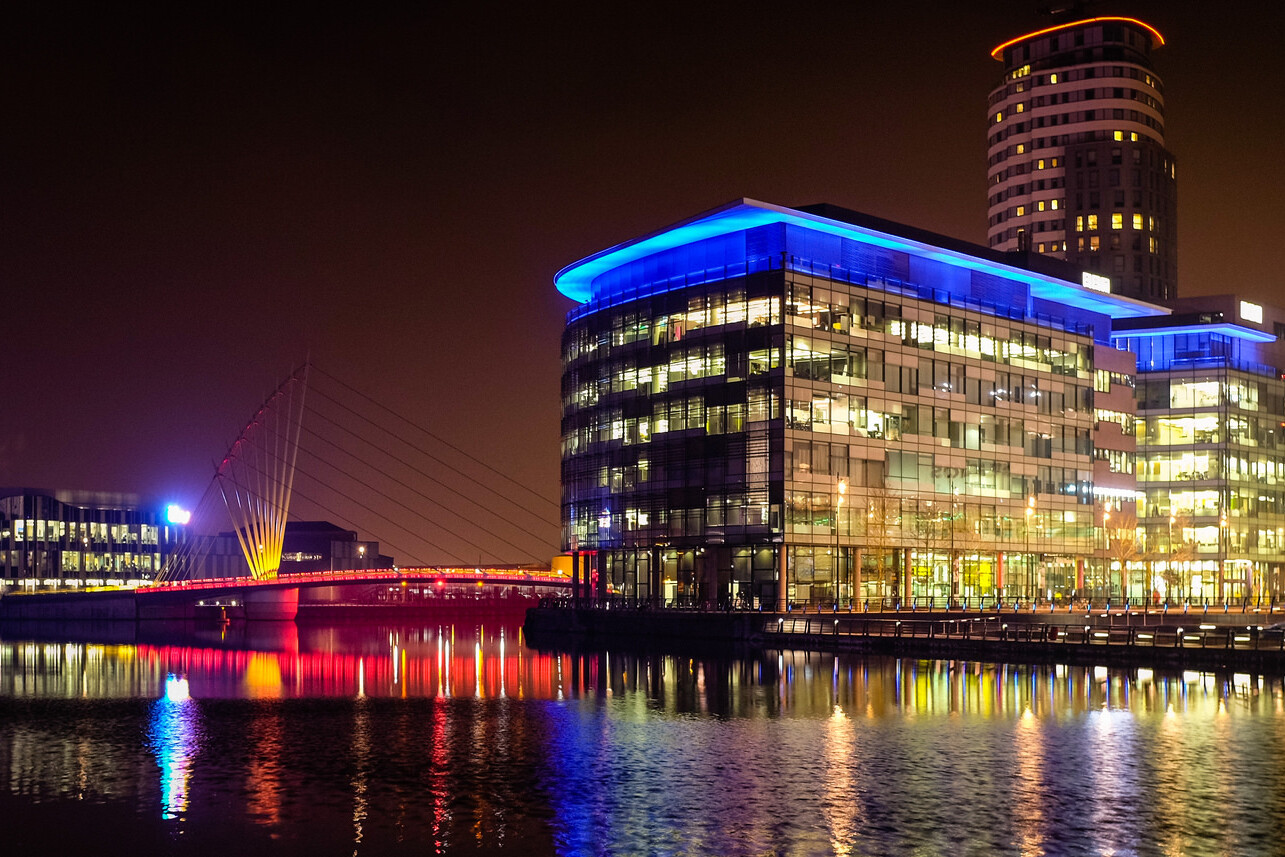By Jeanette Steemers & Naomi Sakr
How do you show diversity in children’s content, and how can we find ways of making content that has something engaging and entertaining to say about being an informed citizen?
People working in children’s media industries are understandably preoccupied with the business opportunities afforded by new platforms, technology and future audience trends. But we may be in danger of overlooking important demographic changes, brought about through the large-scale displacement of Syrian and other families from the Middle East, which have implications for the information and entertainment needs of child audiences in Europe, including newly arrived children and the millions of European-born children who have watched them arrive.
Matters such as these go to the heart of current debates about diversity, which are relevant not only to public service broadcasters and children’s advocacy groups. The questions they raise about citizenship and integration within society are also relevant to a children’s media landscape where concerns about internet safety, fake news, children’s growing fears about the future and issues of fair representation are under mounting scrutiny from both policy-makers and regulators.
If you are interested in these issues, and more broadly on issues of diversity and children’s content, King’s College London will be hosting a Symposium on 14th September from 10.30 to 17.15 that deals with these issues through the perspective of forced migration.
The symposium, funded by the Arts and Humanities Research Council (AHRC), will present findings from three workshops, held in 2017-18 in Manchester at the Children’s Global Media Summit; in Copenhagen at the CPH:Dox documentary festival; and in Munich at the Prix Jeunesse Children’s media festival.
Bringing together European and Arab practitioners and experts, the King’s College symposium will launch a Stakeholder Resource Book including recommendations. Speakers include representatives from broadcasters, (the BBC, ZDF and Danmarksradio, Roya TV), the PMA, producers, academics and children’s advocates.
Focusing on European drama and non-fiction shows that deal with issues around diversity and migration, it asks what is being made, what really works and why? Based on success stories, it suggests that well-targeted hyper-local content could be one answer to reaching increasingly elusive tween audiences.
Registration for the Symposium is free, but places are limited. To register for a place, please email Christine.Singer@kcl.ac.uk. To find out more access the Symposium Programme
To access and download the three project reports on
- “Drama, Storytelling and Empathy”,
- “Documentaries, Distribution and Ethics” and
- “Children’s Screen Content in an Era of Forced Migration”
For more details on the programme and the event, head over to the project website.



Related Posts
20th December 2017
Children’s Screen Content in an Era of Forced Migration
How can broadcasters face challenges…
13th October 2017
Exploring good PSM provision for young children in a diversified Europe
With a growth in forced migration to…
18th September 2017
Featured Event | Children’s Screen Content in an Era of Forced Migration: Facilitating Arab-European Dialogue
This free pre-summit CGMS workshop aims…

